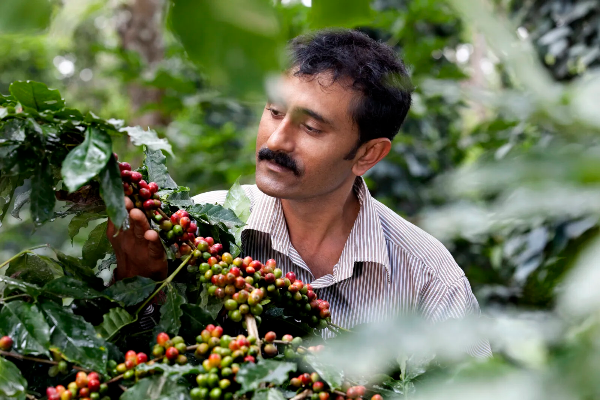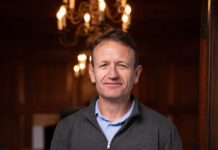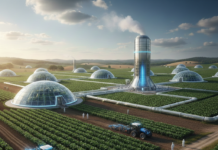High Range Coffee Curing Ltd (HRCC), India’s certified processor and exporter of coffee, is set to become the first farm verified by the Rainforest Alliance to ship EUDR-ready coffee beans to Europe this month.
The farm partnered with the Rainforest Alliance to achieve compliance with the necessary requirements of the regulation.
Established 1995 when India’s coffee industry was opening up to the free market, High Range Coffee Curing is nestled in the Periyapatna and Kushalnagar Coorg districts among 142 hectares of lush, tropical forests.
Renowned for its high-quality beans, the farm supplies leading global coffee brands, roasters and traders including Nestlé, Unilever, E-Com Commodities, Olam, Continental Coffee, Louis Dreyfus Company, Vidya Coffee and Allanasons, among others in India.
Mr. Zaidan M Saly, Director of High Range Coffee Curing said: “Implementing EUDR posed significant challenges for our team, but with the invaluable guidance from Rainforest Alliance representatives in our region, we overcame them and gained confidence in the process. Their expertise made the seemingly daunting task entirely feasible, facilitating a smooth and successful implementation, which now not only guarantees adherence to EUDR regulations but also sparked a revolution in our approach to traceability.”
Indian coffee is unique in that it flourishes when grown under the shade of diverse and native tree species, which supports biodiversity conservation and helps farmers maintain a balanced natural ecosystem. India ranks as the world’s sixth-largest coffee producer, cultivating both arabica and robusta varieties. Notably, there is significant demand for Indian-grown coffee in the European Union, especially in Italy, Germany and Belgium. Nearly 20% of the coffee grown in India is Rainforest Alliance Certified.
Miguel Gamboa, the Rainforest Alliance’s Coffee Sector Lead, added: “The EUDR represents an important step forward to shift the global coffee sector towards more sustainable practices. Yet, many smallholder coffee farmers need support to align with the requirements, including traceability, deforestation risk mapping, local laws, and practical and technical guidance on key environmental practices.”
Rainforest Alliance certification already enables coffee (and cocoa) farmers to opt-in to these EUDR-aligned criteria. This allows companies to source from these farms, track ingredients along their supply chains, and leverage farm data to demonstrate compliance with the regulation’s deforestation risk assessment and mitigation requirements by the deadline, at no additional cost.
Gamboa continued: “We are also piloting a deforestation risk assessment offering for companies buying non-certified coffee and cocoa, which we plan to roll out more widely later this year. With this offering, we aim to support more companies in their journey to compliance, but more importantly, to also reach non-certified farmers so their products can still be sold on the EU market.”
In response to calls from some companies and governments for the EU to weaken the legislation or postpone its deadline, the Rainforest Alliance is urging the EU Commission not to dilute or delay. It also calls on companies not to scale back purchases from smallholder coffee farmers, but rather support them in meeting the deadline of this critical legislation.








